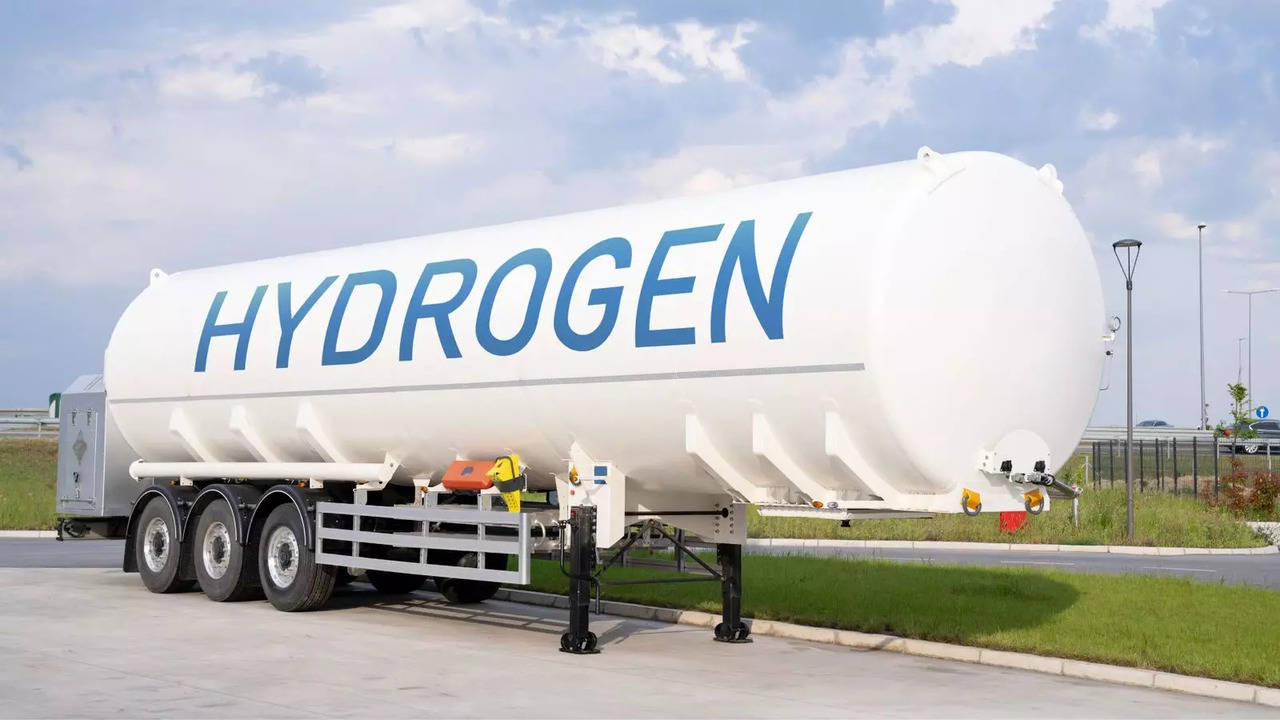Hyundai's Second Hydrogen Fuel Cell Plant to Boost Carbon Neutrality in South Korea
Key Ideas
- Hyundai Motor plans to construct its second hydrogen fuel cell systems plant in Ulsan, South Korea by 2028, aligning with the government's goals for carbon neutrality by 2050.
- The new plant aims to support the production of hydrogen fuel cell systems for various vehicles, including the Nexo hydrogen fuel cell EV, Elec City bus, and hydrogen trucks.
- South Korea is investing 129.3 billion won in various technological projects, emphasizing renewable energy and hydrogen power development to achieve net zero carbon emissions by 2050.
- The initiatives also focus on enhancing energy supply stability to meet the increasing electricity demand driven by AI advancements and climate change challenges.
Hyundai Motor is set to establish its second hydrogen fuel cell systems plant in Ulsan, South Korea, as part of the company's efforts to contribute to the nation's carbon neutrality objectives. The plant is expected to commence operations in 2028, marking a significant step towards leveraging hydrogen technology in the automotive sector. Currently, Hyundai operates a similar plant in China, and the new facility in Ulsan will enhance domestic production capabilities. The company's focus on hydrogen fuel cell systems aligns with South Korea's commitment to reducing greenhouse gas emissions by 40% by 2030 and achieving carbon neutrality by 2050. The investment of 129.3 billion won in technological projects underscores the government's support for renewable energy and hydrogen power initiatives. These efforts aim to drive innovation in energy technologies, including next-generation solar power, to address the rising electricity demand fueled by AI advancements and combat climate change effectively. The collaboration between Hyundai Motor and the government reflects a positive momentum towards sustainable development and highlights the significance of hydrogen technology in advancing eco-friendly transportation solutions.
